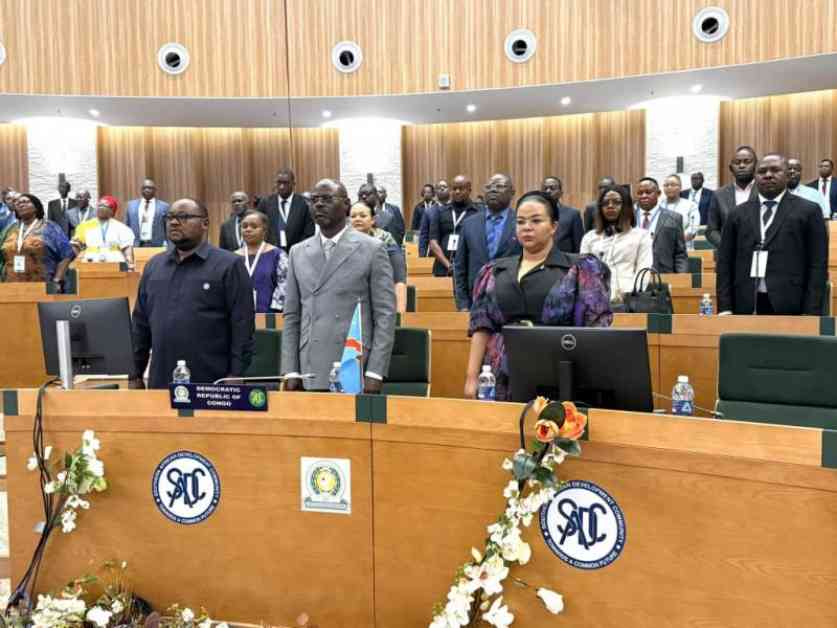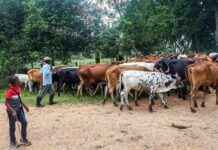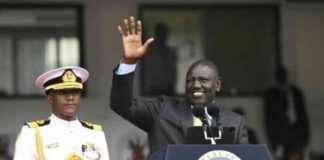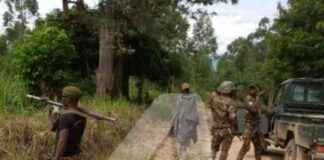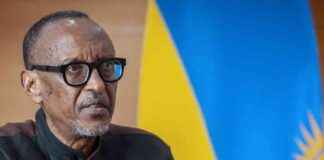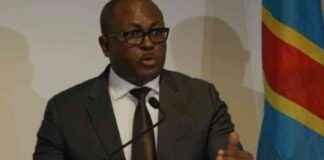More than a month after the joint summit of the Southern African Development Community (SADC) and the East African Community (EAC), the foreign ministers of these two regions gathered on Monday, March 17, 2025, in Harare, Zimbabwe. The meeting focused on the security situation in the eastern Democratic Republic of Congo (DRC), with an agenda that included reviewing the recommendations of the chiefs of staff of the two regional blocs (SADC-EAC). The main goal was to validate the report for the establishment of a ceasefire and cessation of hostilities.
During the meeting, the joint ministers examined and deliberated on the report from the joint meeting of the defense chiefs of SADC and EAC, formulating the following observations:
The situation has worsened, with the M23 currently occupying some localities in the North and South Kivu provinces, including the cities of Goma and Bukavu, as well as the airports of Goma and Kavumu, impacting airspace and airport traffic. An on-the-ground assessment is necessary.
Humanitarian aid delivery is restricted to Goma and has been further hindered by ongoing M23 offensives in South Kivu.
Implementing the summit directives will require both military and political interventions.
MONUSCO and SAMIDRC troops are present but lack freedom of movement and action.
There is a lack of trust between the conflicting parties.
Repatriation of the deceased has occurred, and the evacuation of the injured is underway. Ensuring future humanitarian movements is crucial.
The validation of the report from the meeting of the Chiefs of Defense Forces of SADC and EAC aims to establish a ceasefire and halt hostilities in the eastern part of the Democratic Republic of Congo. Originally scheduled for Friday, February 28th in Harare, Zimbabwe, the joint SADC-EAC meeting was postponed last minute. The convening of this meeting aligns with resolutions from the joint SADC-EAC summit in Dar es Salaam, Tanzania, which mandated a review of the implementation progress of various recommendations.
According to several United Nations reports, the Rwandan army is active in the DRC, fighting alongside the M23 rebellion to gain control in the North Kivu province. The eastern part of the DRC has been plagued by conflicts and turbulent relationships for decades, exacerbated since the Rwandan genocide in 1994. The DRC has consistently accused Rwanda of seeking to exploit its abundant natural resources, a claim that Kigali denies.
In the midst of these complex geopolitical dynamics, the need for military and political interventions to stabilize the situation in the DRC is paramount. As regional leaders grapple with the challenges of implementing summit directives, the fate of the region hangs in the balance. The delicate balance between peace and conflict in the DRC underscores the urgency of collaborative efforts among SADC, EAC, and other stakeholders to bring about lasting stability. The road ahead is fraught with obstacles, but the commitment to peace must prevail for the sake of the Congolese people and the broader African continent.
